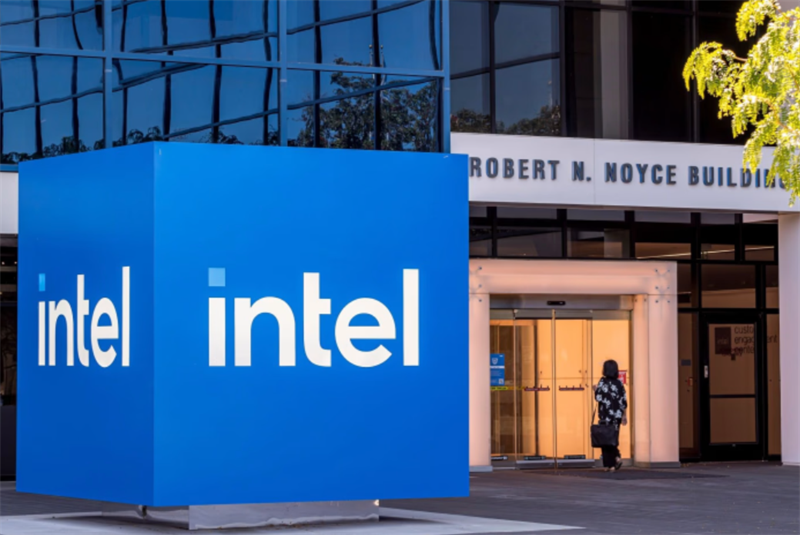Intel Corporation is ushering in a new era of leadership as Lip-Bu Tan officially steps into the CEO role on March 18, 2025 — becoming the first Chinese-American to hold the position in the company's 57-year history. With this historic appointment comes an eye-catching compensation package, signaling Intel's confidence in Tan's ability to lead the struggling tech giant back to the top.
A High-Stakes Pay Package Tied to Performance
According to regulatory filings, Tan's total compensation could reach $69 million (approximately ¥500 million RMB) over the next few years — but only if he delivers on Intel's ambitious performance targets. His pay structure includes:
● $1 million annual base salary
● $2 million annual performance bonus (200% of his base salary)
● $66 million in long-term equity awards, performance grants, and stock options
● A $25 million personal investment in Intel stock within his first 30 days as CEO
Tan's performance grants are spread over five years and hinge on Intel's stock maintaining or growing in value over the next three years. If the stock price drops, he forfeits a significant portion of the package — making his payout heavily dependent on Intel's turnaround.
Intel praised Tan's personal investment, stating it “reflects his confidence in the company and his commitment to creating shareholder value.”

From Venture Capital to CEO — Can Tan Lead a Comeback?
Tan is a seasoned leader in the semiconductor industry, widely recognized for his transformative tenure as CEO of Cadence Design Systems from 2009 to 2021, where he doubled revenue and expanded profit margins. He also founded Walden International, a venture capital firm that invested heavily in semiconductor startups, including early funding for China's SMIC.
His return to Intel comes after reportedly leaving the board in 2024 due to disagreements with former CEO Pat Gelsinger's turnaround strategy — particularly around whether Gelsinger's cost-cutting measures went far enough.
Tan's appointment has already made waves. Intel's stock soared 15% after the announcement, reflecting market optimism. However, insiders suggest some employees remain cautious, recalling Tan's past criticism that Intel needed "tougher decisions" to stay competitive. During an internal video call, Tan acknowledged that difficult choices lie ahead but stopped short of revealing specific plans.
Turning Intel Around — or Facing More Cuts?
The stakes couldn't be higher. Intel has faced a series of setbacks, including major layoffs affecting nearly 15% of its workforce in late 2024 and continued market share losses to competitors like TSMC and Samsung.
Industry analysts believe Tan's leadership style — balancing aggressive innovation with a venture capitalist's eye for strategic bets — could be what Intel needs. Still, his success hinges on whether he can execute Intel's dual strategy: revitalizing its product line while expanding its foundry services to rival TSMC and Samsung.
With billions on the line, Tan's performance will determine not only his own payday but also whether Intel can reclaim its position as a semiconductor leader. One thing is clear: his appointment has reignited hope — and pressure — for a long-awaited Intel comeback.
+86 191 9627 2716
+86 181 7379 0595
8:30 a.m. to 5:30 p.m., Monday to Friday
